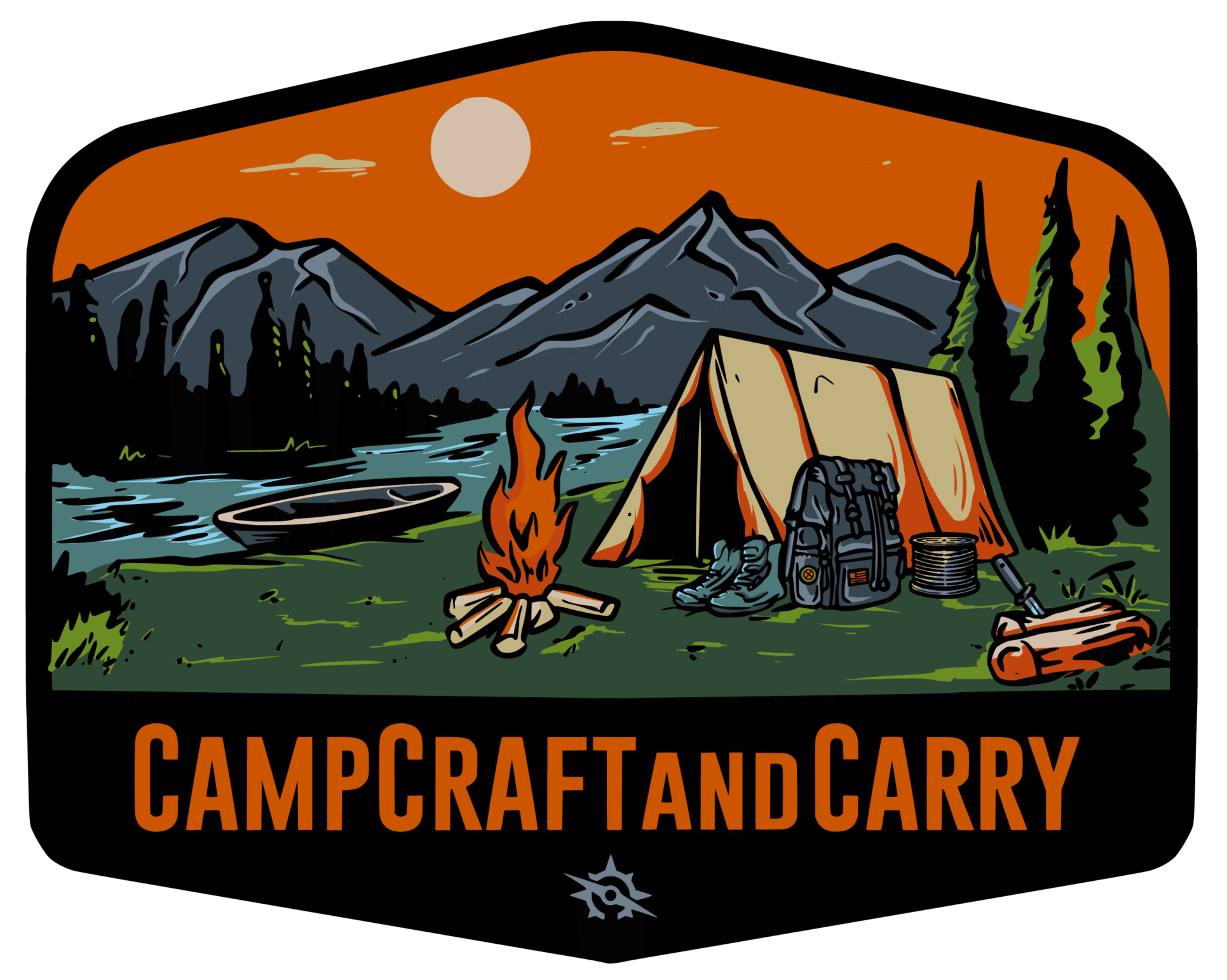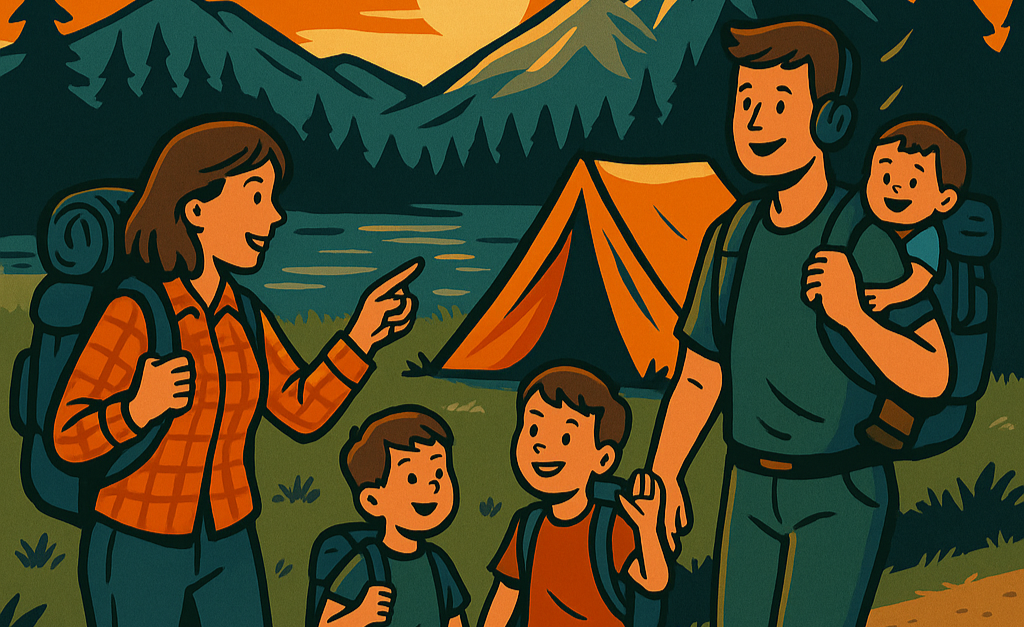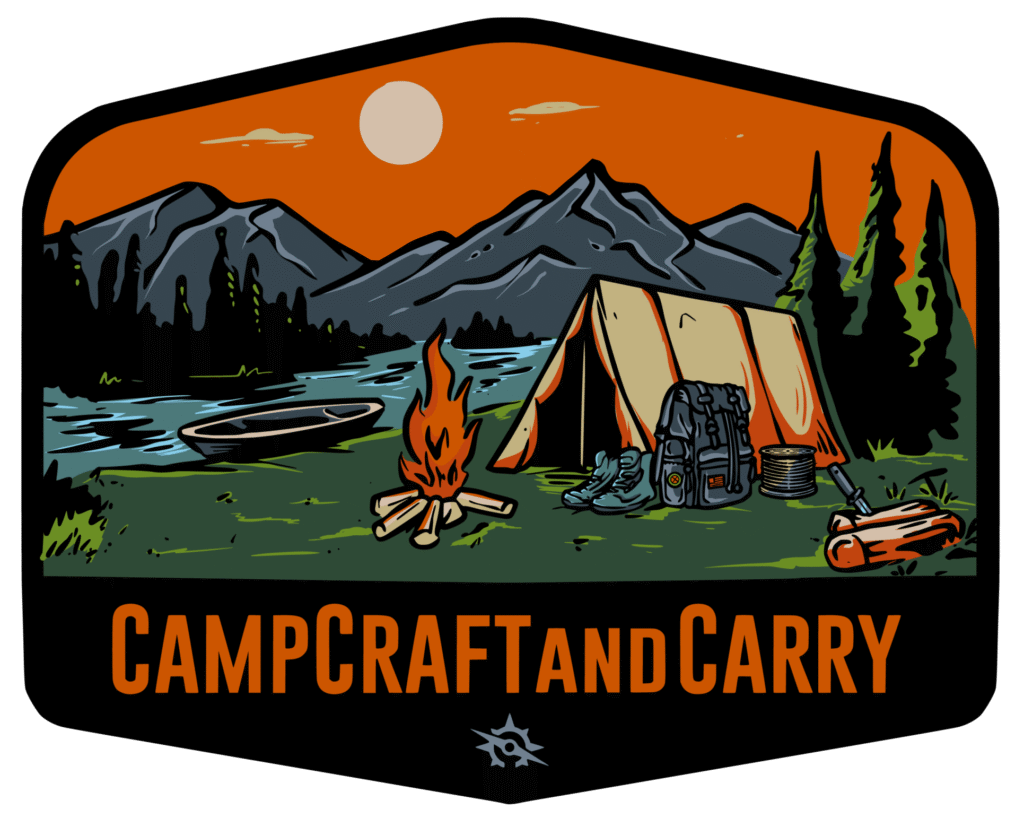Why Camping with Kids Is Totally Worth It
Let’s be honest: camping with kids isn’t easy. But it’s absolutely worth it. Between roasting marshmallows, chasing fireflies, and sleeping under the stars, you’ll create memories that last way longer than a Netflix binge.
Top reasons to camp as a family:
- Teaches resilience and adaptability
- Encourages curiosity and outdoor play
- Strengthens family bonds without screens
- Builds appreciation for nature and teamwork
The mess, chaos, and noise? That’s just part of the story.
Mental Prep: Lower Expectations, Raise Patience
Before you pack the cooler, adjust your mindset. Camping with kids isn’t about Instagram-worthy tent shots. It’s about letting go of perfection and embracing the beautiful mess of family adventure.
Pro tips:
- Assume someone will cry—maybe even you.
- Plan light and flexible—not tight and rigid.
- Your job isn’t to control everything—it’s to guide, laugh, and adapt.
Expect less. Enjoy more.
Choose the Right Campsite for Families
Not all campgrounds are created equal—especially when kids are involved.
Look for:
- Flush toilets and potable water
- Short driving distance (2 hours or less)
- Flat, shaded tent areas
- Trails or kid-friendly attractions nearby
Reserve in advance, especially during peak seasons, and consider a state park or private campground with extra family amenities.
What to Pack (and What to Leave Behind)
Overpacking is the enemy of calm camping. Bring what’s essential—skip the kitchen sink.
Family camping checklist:
- Tent + footprint
- Sleeping bags + pads
- Lanterns + headlamps
- Kid clothes (extra layers!)
- Bug spray, sunscreen, first-aid kit
- Snacks, water, and simple meal gear
- Wipes. All. The. Wipes.
Leave behind: breakables, 15 toys, anything that requires Wi-Fi.
Must-Haves for Babies, Toddlers, and Big Kids
Babies:
- Portable bassinet or pack ‘n play
- Swaddle or wearable blanket
- White noise (battery powered)
Toddlers:
- Camping chair or booster
- Familiar snacks and sippy cups
- Lovey or comfort item
Big kids:
- Headlamp
- Adventure journal or sketchpad
- Personal “adventure bag” for collecting nature items
Setting Up a Stress-Free Campsite
First impressions matter—even in the wild. A good site layout can prevent tripping hazards, tantrums, and tension.
Tips for setup:
- Put the tent on flat, shaded ground.
- Use a tarp under your tent to keep things dry.
- Create zones: one for sleeping, one for cooking, one for play.
- Set up a “kid base camp” with blankets, toys, and books nearby.
The goal? Controlled chaos where everyone knows their space.
Fun Activities to Keep Kids Engaged Outdoors
Forget screen time—camping is nature’s ultimate playground.
Top kid-approved ideas:
- Scavenger hunts: Find a pinecone, something blue, something round.
- Flashlight tag: When the sun sets, the fun begins.
- Nature crafts: Leaf rubbings, stick creatures, rock painting.
- Storytime in the tent: Make up tales using shadows or nature sounds.
Let kids lead a few activities. You’ll be surprised what they invent.
Kid-Friendly Camp Meals That Actually Work
You don’t need gourmet to keep campers happy—just quick, familiar, and mess-free meals.
Easy options:
- Quesadillas on a camp stove
- S’mores bananas: Banana + chocolate + marshmallows in foil
- Pre-made pasta salad or wraps
- Breakfast burritos wrapped in foil and heated over the fire
Avoid anything that takes too long or involves seven ingredients.
Dealing with Tantrums, Bugs, and Bedtime Battles
You’re not alone—every camping parent has been there.
Tantrum tips:
- Have a calm-down blanket or space.
- Let them blow off steam with a mini hike or snack.
- Keep routines as close to home as possible.
Bug issues?
- Use kid-safe bug spray.
- Bring a screened play yard or bug net.
- Pack anti-itch cream just in case.
Bedtime blues:
- Bring familiar sleep gear.
- Do your regular routine, even if it’s modified.
- Try a campfire story or gentle music.
Sometimes, it won’t go perfectly—and that’s okay. Tomorrow is a new adventure.
Realistic Safety Tips for First-Time Camping Parents
Don’t let safety worries ruin your trip—be smart, not scared.
Essentials:
- Go over a “stay close” rule.
- Establish a buddy system (yes, even with one sibling).
- Show kids where the bathroom, tent, and safe zones are.
- Pack a basic first-aid kit and review how to use it.
- Teach your child what to do if they get lost: stay still, yell loudly, and wait.
A few simple steps build confidence and peace of mind.
How to Include Kids in the Camping Process
Giving kids jobs helps them feel like part of the team.
Age-appropriate tasks:
- Toddlers: hand you tent stakes, collect kindling, stack firewood
- School-aged: set up chairs, zip sleeping bags, stir food
- Older kids: lead hikes, filter water, check maps
The more you involve them, the less likely they are to whine.
Backup Plans for Rain, Fatigue, or Freakouts
Even the best-laid plans get soggy.
Plan B options:
- Car camping movie night with popcorn
- Rainy day craft bin (stickers, coloring books, card games)
- Storytelling contest or “who can be the quietest” game
Have one surprise activity ready—it can save the day.
Managing Expectations: It Won’t Be Perfect, and That’s Perfect
Let go of the Pinterest fantasy. You’re here to explore, laugh, and survive together—not create wilderness magic at every turn.
There will be:
- Dirty feet
- Tears over marshmallows
- Half-slept nights
But also… hug-filled hikes, giggle fits in the tent, and “remember when” moments you’ll never forget.
FAQs About Camping with Kids
1. What’s the best age to start camping with kids?
Any! Babies, toddlers, and tweens can all camp—it’s about adjusting your expectations, not avoiding the experience.
2. What’s better: tent camping or cabin?
For first-timers, cabins offer more comfort. Tents build character and fun—start where you’re comfortable.
3. What if my kid refuses to sleep?
Stick to a loose bedtime routine and stay calm. They’ll crash eventually.
4. What if the weather turns bad?
Have a “shelter plan” and backup entertainment. Sometimes, rainy camping memories are the best ones.
5. Do we need special gear?
Basic gear is fine. Upgrade slowly—don’t blow the budget on the first trip.
6. How long should our first trip be?
1–2 nights is plenty for beginners. Keep it short and sweet.
Conclusion: Why It’s Okay to Camp Imperfectly
Camping with kids is messy, unpredictable, and gloriously chaotic. But it’s also the kind of chaos that connects you deeply, teaches resilience, and gives your children stories they’ll tell forever.
You don’t have to be an expert. You just have to show up, laugh when it rains, and pack enough snacks.
Go ahead. Grab that tent. Take a deep breath. You’ve got this, camper.


